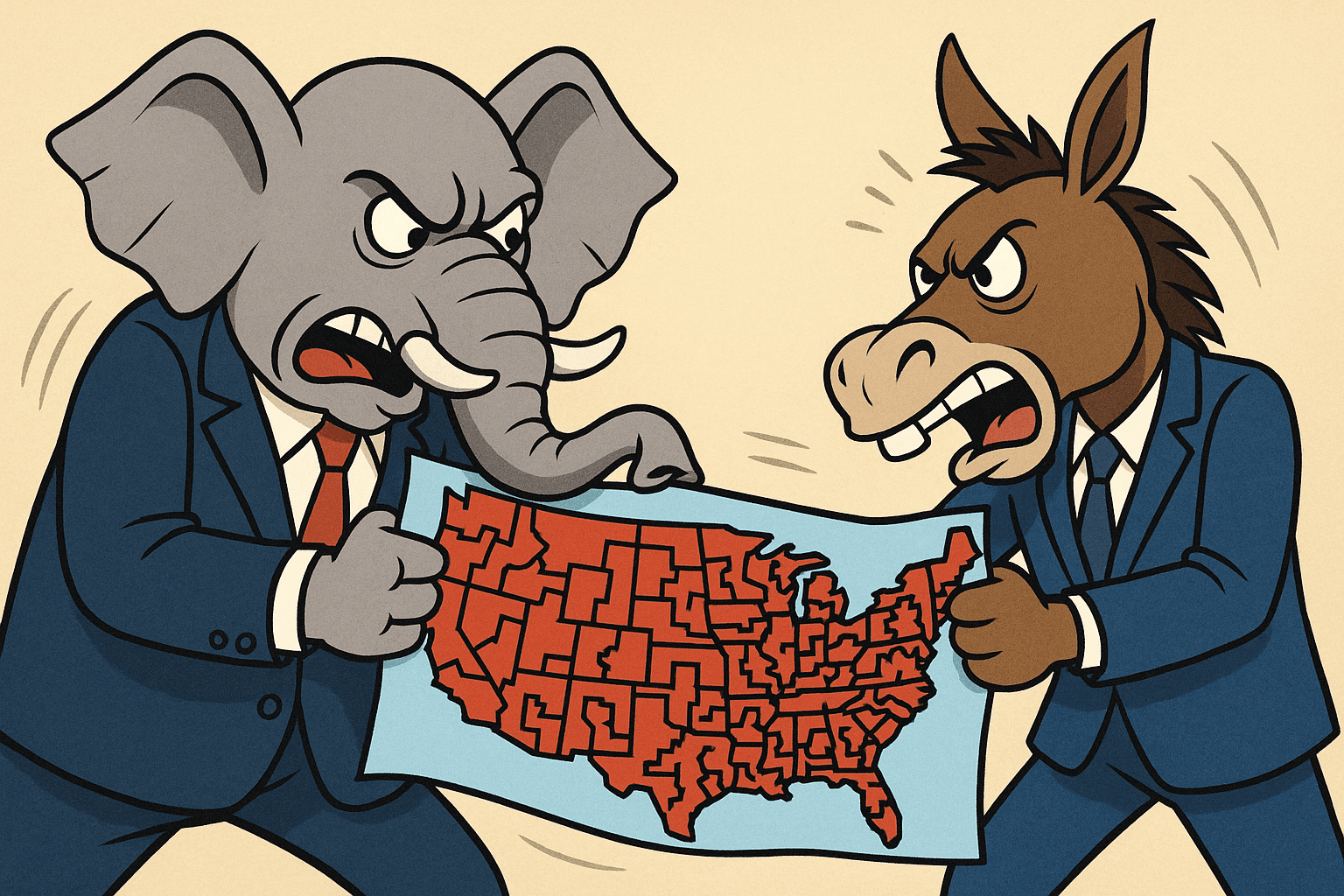FCC Passes New Regulations on ISPs to Enforce Net Neutrality

WASHINGTON, D.C. -- The Federal Communications Commission (FCC) on Thursday approved new rules that will reclassify the Internet as a utility under Title II of the Telecommunications Act so "net neutrality" policies can survive judicial scrutiny. The vote fell along party lines, with the 3 Democratic commissioners voting in favor of the 332-page plan and the two Republican commissioners voting against it.
While the new FCC rules are expected to fare better against legal challenges, the issue has become highly politicized, meaning Republicans are not likely to give up the fight. The New York Times reported Tuesday that party leaders in Congress have conceded the fight for now, acknowledging that they will not be able to pass a legislative response, but that does not mean they will not revisit the issue later.
In November, President Obama made an unexpected move by coming out in favor of Title II reclassification, arguing that it would better protect consumers and encourage competition. The president says reclassifying the Internet will prevent Internet service providers from blocking content they view as bad for business interests, throttling connection speeds, or sticking companies in the "slow lane" if they do not pay extra fees.
Some political commentators have argued that Obama coming out in favor of net neutrality was a political strategy to force Republicans to come out against a popular policy. It also happens to be a wedge issue within the Republican Party, much like immigration or the Cuba embargo. The politicization of net neutrality has irked some supporters because they believe it should not be a partisan issue.
As soon as President Obama came out in support of new net neutrality rules, some Republicans immediately came out against it. U.S. Senator Ted Cruz (R-Texas), for instance, tweeted that net neutrality is "Obamacare for the Internet," a remark that elicited broad criticism on social media.
U.S. Senator John Thune (R-S.D.) called the FCC's approach to net neutrality a "power grab by the federal government" after FCC Chair Tom Wheeler announced that he would embrace the proposals advocated by President Obama. Thune said the FCC "finally succumbed to the bully tactics of political activists and the president himself."
"The internet must be fast, fair and open. That is the message I’ve heard from consumers and innovators across this nation. That is the principle that has enabled the internet to become an unprecedented platform for innovation and human expression. And that is the lesson I learned heading a tech startup at the dawn of the internet age," Wheeler said in an op-ed on Wired. "The proposal I present to the commission will ensure the internet remains open, now and in the future, for all Americans."
Rasmussen Reports conducted a survey that asked respondents to weigh in on the issue of net neutrality, asking them if the Internet should be regulated like radio and television. Because of how the questions were worded, Rasmussen reported that an overwhelming majority (61%) of Americans do not support net neutrality.
Yet, advocates of net neutrality are quick to point out that net neutrality has nothing to do with regulating the Internet. New federal rules would regulate ISPs to protect consumers from unfair business practices.
As previously explained on IVN, net neutrality "is the principle that the Internet should be free and open. That’s it, plain and simple. It is the belief that people should be able to access and share information online without interference from a third party — whether that be the government or corporations."
Once people start talking about censoring the Internet or regulating its content in any way, the conversation is no longer about net neutrality. If the FCC passes rules that regulate content at all on the Internet or gives the commission authority to do so, then the proposed rules are not about net neutrality.
The Daily Caller on Monday reported that the FCC's Republican members asked Wheeler to delay the vote on the new regulations and release the plan to the public. They suggested that the public be given 30 days to review the plan first to promote transparency. The FCC traditionally does not release new regulation proposals before the commissioners have voted on them.
Legal challenges over the new regulations are expected, meaning the fight over net neutrality will likely be dragged out for years. While many Republicans in Congress will continue to oppose the new regulations, it is highly unlikely that they will be able to do something during the current session since they will not have the whip count to pass legislation or override a presidential veto.
Photo Credit: 2nix Studio / Shutterstock.com



